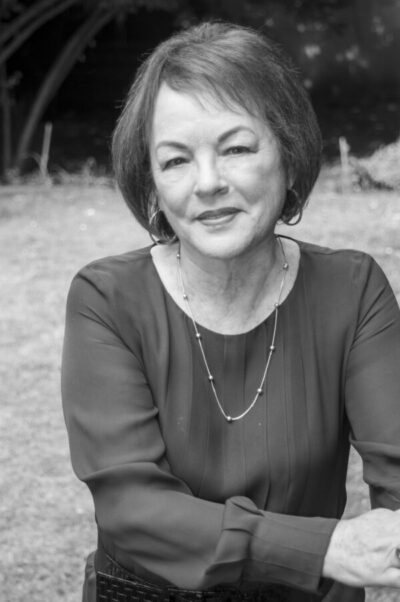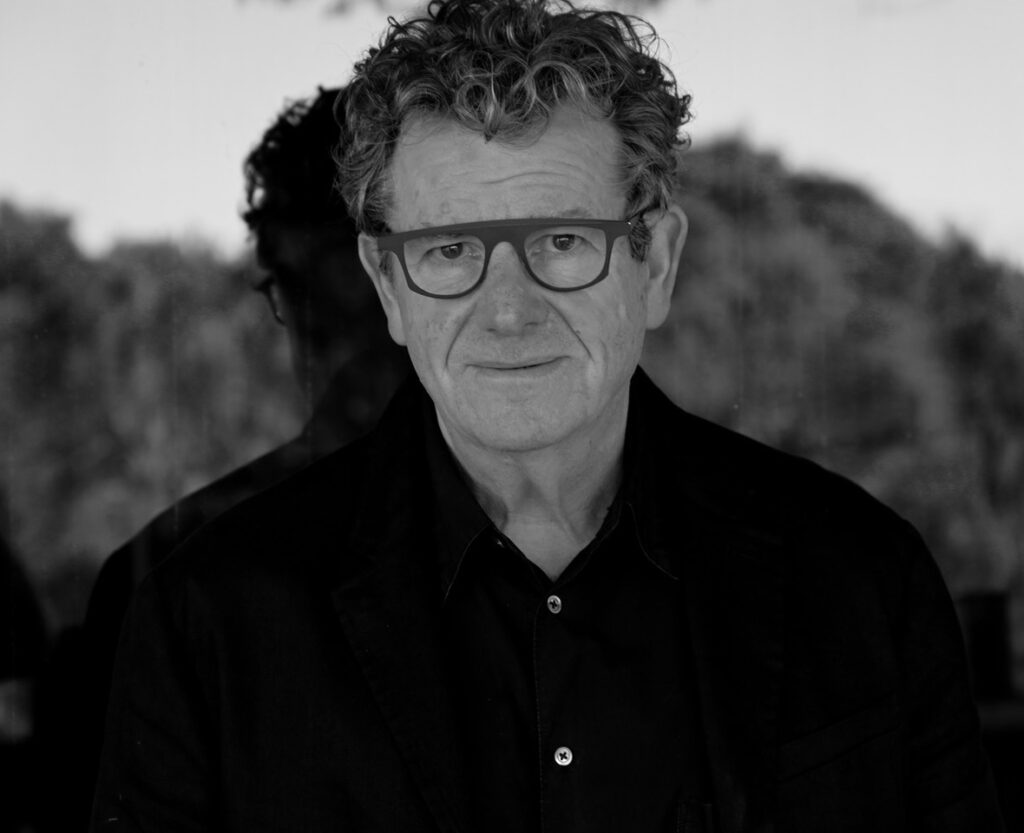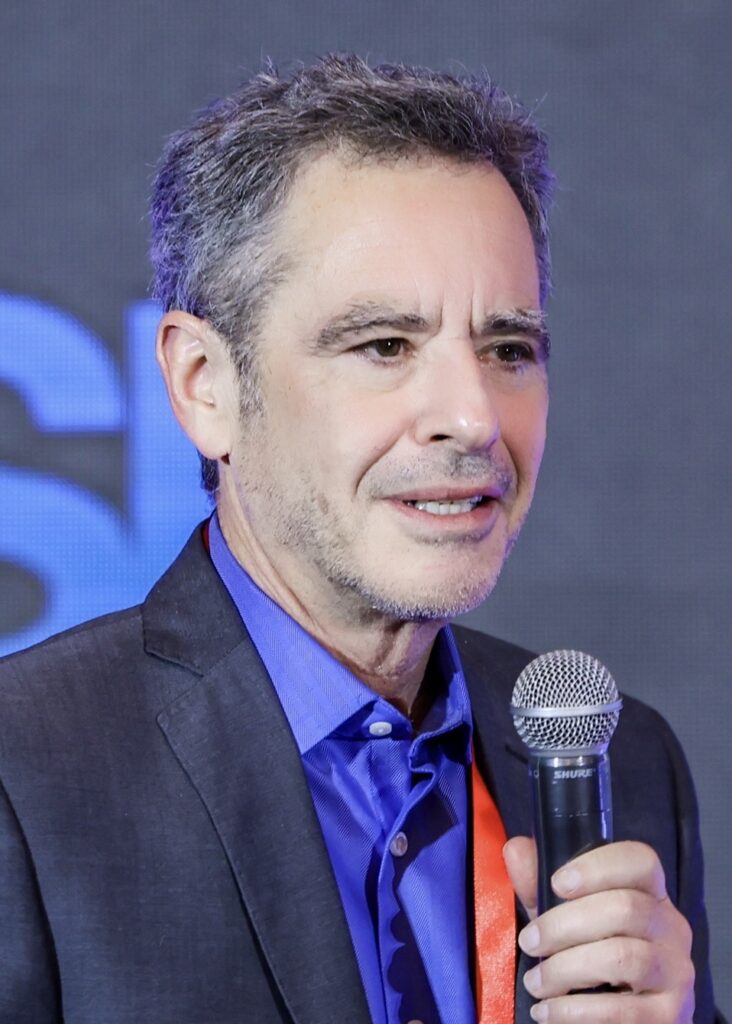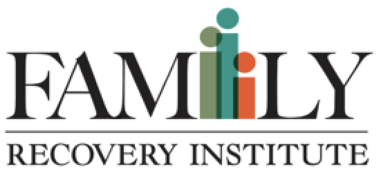This list will be updated as we receive donations.

- This event has passed.
Psychotherapy Through a Jungian Lens: Navigating the Relationship Between the Unconscious and Conscious Mind in Personal Psychological Development
– Presented by Carolyn Bray, PhD [Seminar]

NARRATIVE
One of Swiss psychiatrist Carl G. Jung’s most notable and underlying theories contributing to the field of psychology is the concept referred to in Jungian terms as the “Ego/Self axis.” It suggests a relationship between an individual’s conscious and unconscious psychological life. The term “Ego” signifies one’s consciousness, and the term “Self” identifies the overall organizing principle uniting the psychological whole of an individual. In the field of psychology, we are generally more familiar working with the consciousness of an individual, often referred to as the self, but in this seminar we will expand on that knowledge to include an understanding of different types of consciousness: introverted, extroverted, feeling, thinking, sensory, intuitive. We will extend our awareness of consciousness into the less familiar, the land of the unconscious or the psyche. We will examine this relationship in a didactic, discussion, and case presentation format. Through case presentations, participants will come to recognize how unconscious material can materialize in individual sessions via dreams, gestures, fantasies, body movement, metaphors, identifications with fictional characters, etc. This unconscious material can be golden for the process of personal psychological development. Becoming consciously aware of the shadows lurking in the unconscious can bring light into the darkness of certain fears, uncertainties, and self-doubts, therefore becoming transformative.
LEARNING OBJECTIVES
Upon completing this seminar, participants should be able to:
-
- Describe the Jungian concept of the “Ego-Self Axis.”
- Identify the two attitudes of consciousness described by Jung and understand their applications in clinical practice.
- Identify the eight functions of consciousness described by Jung and understand their applications in clinical practice.
- Describe the differences in a clinical setting between conscious and unconscious patient material.
- Identify patients’ conscious concerns that are literal and concrete, and require clinical treatment.
- Identify patients’ unconscious concerns that are metaphoric and symbolic, and in need of a clinical response.
- Describe and discuss the use of dreams and other unconscious patient material within a clinical setting
SEMINAR COURSE OUTLINE—6 hours
8:30 am
Registration
9:00 – 9:10 am
Introduction of presenter
9:10– 10:30 am
Jungian Theory of the Ego-Self Axis
Consciousness and Unconsciousness
Types of Consciousness, Attitudes, and Functions
Case Vignette
10:30—10:40 am
Break
10:40 am—12:00 noon
Unconscious Material in a Clinical Setting
Analysis of Unconscious Patient Material, Utilization of the “Ego/Self Axis”
Case Vignette
12:00—1:00 pm
Lunch
1:00—1:30 pm
Q & A
1:30—2:30
Working with the “Ego/Self Axis” in Clinical Practice
Case Vignette
2:30—2:40 pm
Break
2:40—4:00pm
Case Vignettes from Participants
Q & A
CONTENT CURRICULUM
-
- The differences in individual personalities and cognitive functioning are addressed in programs for school counselors and in business management programs, but are rarely explored in depth in most graduate training programs in psychology. Understanding the personality differences found in individual behaviors, communication style, and emotional regulation remains a relatively new frontier in the field of psychology. Even more rare in graduate training programs in psychology, is the study of different clinical approaches to the conscious and unconscious psychological concerns. This presentation addresses these gaps in psychological training.
- Patients need their therapist to be attuned to their individual needs; their differences and diversity in conscious attitudes and functioning addressed by the therapist allows the patient to feel heard and seen, enhancing the therapeutic alliance. The therapist attending to the patient’s unconscious needs speaks to the very depths of the patient’s existence and their endured traumas.
- The target audience is intermediate to advanced psychologists who have clinical experience, but little exposure to the Jungian theory of the relationship between the conscious and unconscious mind of an individual.
- Determining an individual’s psychological type is best achieved by utilizing the test instrument Myers-Briggs along with the therapist’s experience and understanding of the individual. There are certain risks, however, that this combination does not account for cultural differences, and caution should be taken. There are four theories considering the importance of dreaming: physiological, psychodynamic, Jungian, and cognitive. Neuroscientific researcher at Tuft’s Allen Discovery Center, Erik Hoel, researched the links between the function that fiction, the arts, and dreaming serve human brains. His theory suggests dreams, like fiction, may provide a cognitive utility for the human brain. However, dream research is a formidable task because dreaming is only accessible through subject reporting and not through direct observation. As the field of psychology utilizes functional MRI’s, which offer direct observation opportunities, we might expect more accurate research information in the future concerning the function of dreams in the human brain.
- Jung’s theory of psychological types supports the concept of psychological diversity; however, it was not developed during a time when cultural and role differences were necessarily considered. Dreams, and other metaphoric or unconscious material, such as myths, are culturally diverse and the primary themes found in myths from different cultures reveal the universal nature of the human condition with respect to common feelings of anger, fear, jealousy, envy, power, etc. Participants will be encouraged to explore with their patients their diverse understandings of images and emotions revealed within their conscious and unconscious experiences.
COST:
CIP Members:
$100 early registration 10 business days prior to seminar; $120 after
Non-Members:
$130 early registration up to 10 business days prior to seminar, $150 after
CEs: 6 CEs for LMFTs, LCSWs, and Psychologists. Participants must attend the full live session and complete the evaluation at the end to receive a CE completion certificate.
Community Institute for Psychotherapy is approved by the American Psychological Association to sponsor continuing education for psychologists. Community Institute for Psychotherapy maintains responsibility for this program and its content.
Cancellations must be received in writing by email: admin@cipmarin.org, 10 business days prior to the seminar or class for a refund minus a $25 cancellation fee.
Accommodations will be made wherever possible to those with disabilities. Please let us know of any disabilities upon registration, to ensure proper accommodations are put in place prior to workshop/training.
Grievance Procedure: CIP will respond to complaints in a reasonable, ethical and timely manner, when submitted by program attendees in writing to the Chair of CIP’s Professional Development Committee.
Anti-Discrimination Policy: CIP shall not discriminate against any individual or group with respect to any service, program or activity based on gender, race, creed, national origin, sexual orientation, religion, age or other prohibited basis. CIP does not require attendees to adhere to any particular religion or creed in order to participate in training. CIP will not promote or advocate for a single modality of treatment that is discriminatory or likely to harm clients based on current accepted standards or practice.
*There is no conflict of interest or commercial support related to this CE program.












